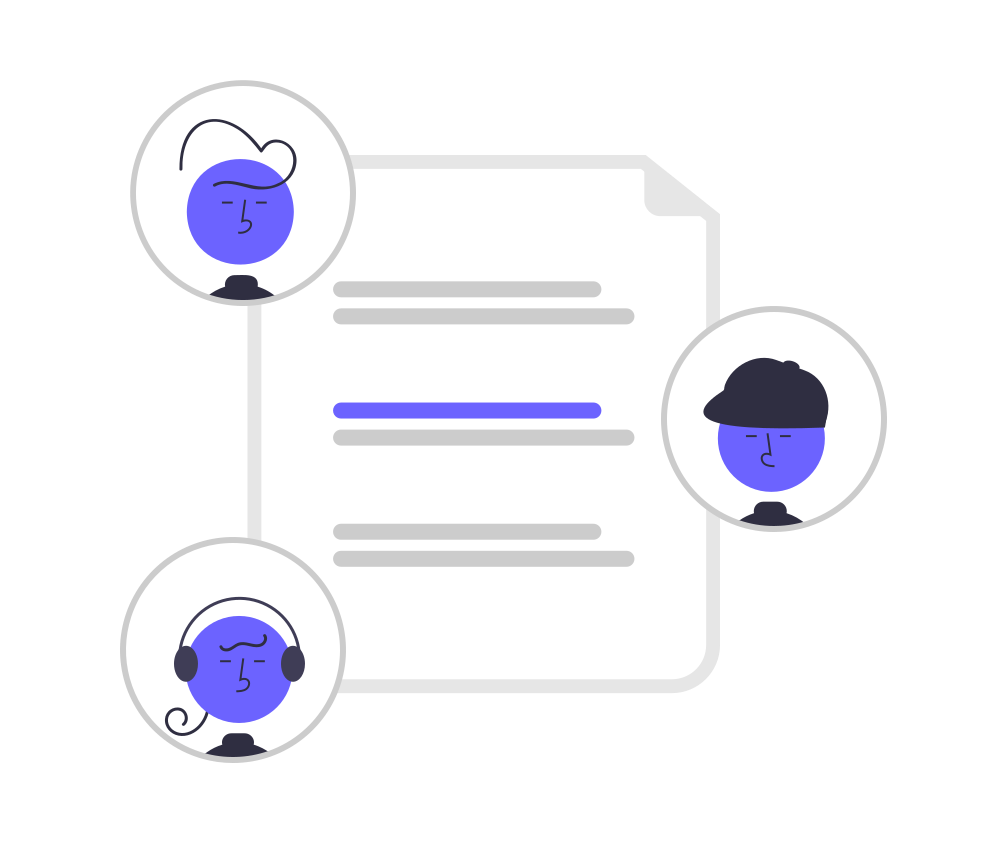In B2B marketing, customer success has become a cornerstone of building long-term relationships and driving sustained growth. More than just providing reactive support, customer success is about proactively ensuring that clients achieve their desired outcomes while using your products or services. When implemented effectively, customer success strategies can improve customer satisfaction, increase retention, and even create upsell opportunities.
This blog outlines advanced strategies for implementing customer success in B2B marketing, focusing on fostering value, optimizing the client experience, and maximizing long-term results.
Focusing on Proactive Onboarding and Engagement
One of the first and most impactful stages of customer success is onboarding. Proactive onboarding sets the stage for a positive, productive relationship by ensuring that new customers quickly understand and can fully utilize your product. A structured, proactive onboarding process includes clear steps, helpful resources, and timely follow-ups to support new users as they learn to navigate your solution.
In B2B marketing, onboarding doesn’t end with the initial setup; it involves ongoing engagement and personalized support based on each client’s unique goals. Regular check-ins and tailored resources help deepen the customer’s understanding of your product and ensure that it continues to meet their needs as they evolve.
Leveraging Data to Anticipate Customer Needs
Data plays a crucial role in predicting and addressing customer needs. By analyzing user behavior and engagement patterns, businesses can gain insights into how clients are interacting with their product and identify potential challenges before they arise. For instance, if data shows that certain features are underutilized, the customer success team can proactively reach out with training materials or insights on how those features can add value to the customer’s operations.
Predictive analytics allows B2B marketers to deliver highly targeted, proactive support that enhances the customer experience. With data-driven insights, businesses can anticipate needs, optimize product usage, and guide customers toward achieving their goals more effectively.
Building a Customer Success Journey
A high-impact customer success strategy focuses on the entire customer journey rather than isolated touchpoints. Developing a customer success journey map helps to outline the stages a customer goes through after purchase—from onboarding and active usage to expansion and renewal. At each stage, your team should define specific success milestones and actions that keep the customer engaged and ensure they experience measurable value.
By aligning customer success efforts with each stage of the journey, B2B marketers create a framework that drives continuous value. This approach encourages long-term retention, as customers are more likely to stay with a brand that consistently meets their needs and proactively supports their goals.
Fostering a Value-Based Relationship
In B2B, customer success is about creating a value-based relationship rather than a transactional one. Instead of focusing solely on product benefits, customer success strategies should aim to demonstrate how the product contributes to the client’s larger business objectives. For example, rather than simply ensuring customers know how to use features, B2B companies can illustrate how those features align with industry trends, improve efficiency, or reduce costs.
Regularly sharing relevant insights, best practices, and thought leadership content can help keep customers engaged and reinforce the value of your relationship. A strong value-based relationship deepens trust and enhances customer loyalty, positioning your company as a partner invested in the client’s success.
Using Automation for Consistent Engagement
Automation can be a valuable tool in scaling consistent engagement across multiple accounts. For instance, automated email workflows can send timely resources, tips, and product updates to clients based on their usage patterns or milestones. This type of personalized, automated communication keeps customers informed and supported without requiring constant manual effort.
Automation also helps ensure that no customer is overlooked. By setting up automated triggers based on customer behavior or lifecycle stage, your team can proactively reach out with resources that improve customer satisfaction and reduce churn. When used thoughtfully, automation adds value to the customer experience without losing the personal touch.
Measuring and Refining Customer Success Efforts
Finally, a high-impact customer success strategy requires continuous measurement and refinement. Key performance indicators (KPIs) such as customer satisfaction scores, product usage rates, and customer retention help track the effectiveness of your success efforts. Regularly reviewing these metrics provides insights into which areas of your strategy are working and which may need adjustment.
Customer feedback is also essential in refining your customer success approach. Gathering and acting on feedback enables you to stay aligned with client needs, refine support processes, and address any emerging challenges. By measuring and continuously improving your efforts, you ensure that customer success remains a dynamic, growth-oriented strategy.
Conclusion
Implementing advanced customer success strategies in B2B marketing is essential for creating long-lasting client relationships, ensuring customer satisfaction, and driving growth. By focusing on proactive engagement, leveraging data, fostering value-based relationships, and using automation strategically, B2B companies can build a robust customer success framework that supports both the client’s goals and the company’s objectives. As customer success becomes a central part of the B2B experience, companies that invest in these strategies will be well-positioned to achieve long-term success and retain a loyal customer base.


